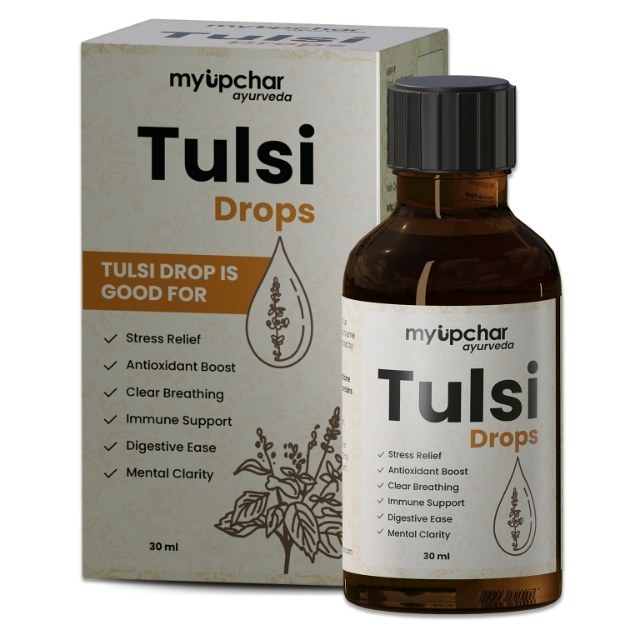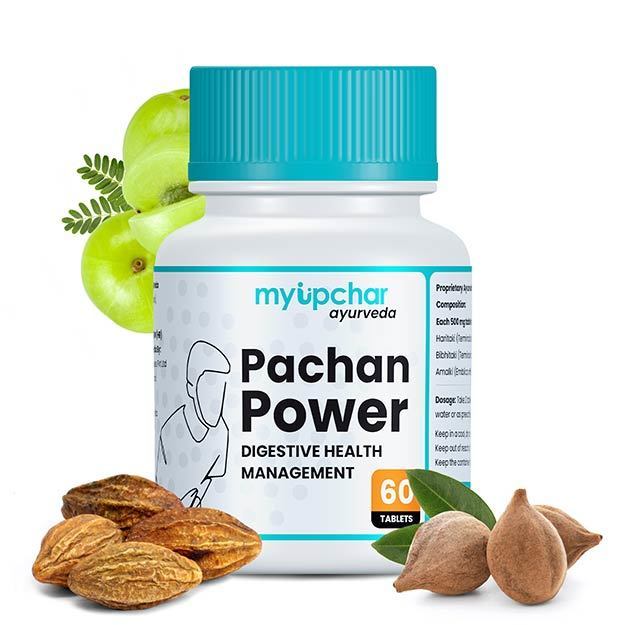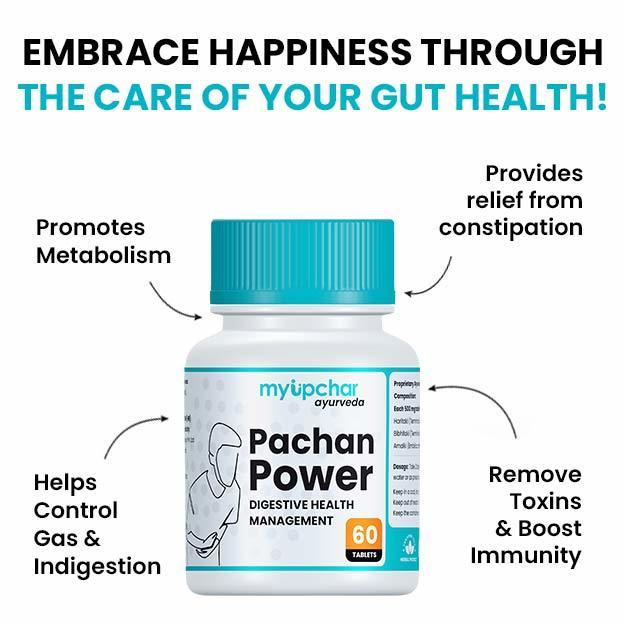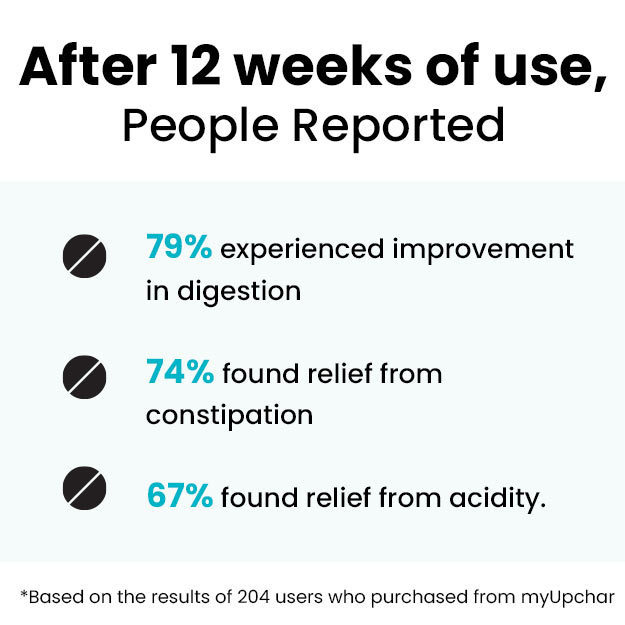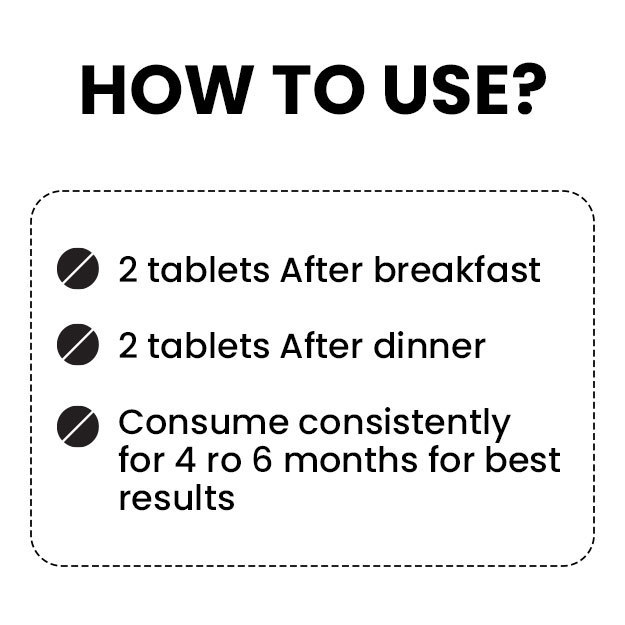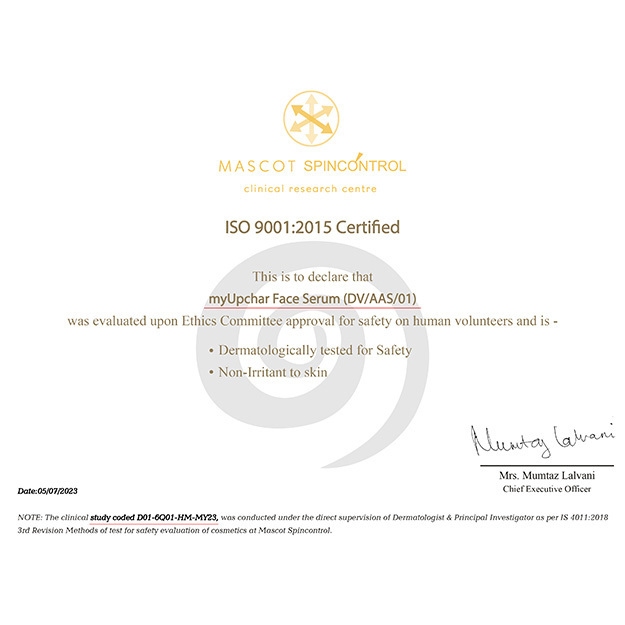Indians have been aware of the benefits and medicinal properties of neem for hundreds of years. Neem fruit, seeds, oil, leaves, roots and bark - all these things are considered extremely beneficial and each of these is used in Indian Ayurvedic and Unani systems of medicine. Along with removing problems like fatigue, cough, fever, loss of appetite, infection etc., neem is also considered beneficial in cough, vomiting, skin diseases, diabetic wounds, eye disorders etc.
Not only this, neem is also considered beneficial in the treatment of many diseases like heat-rash, boils, wounds, jaundice, leprosy, skin disorders, stomach ulcers, chicken pox etc. Not only in Ayurveda and traditional medicine, but modern research also confirms the curative powers of neem in the case of many diseases and talks about the widespread use of neem.
(Read more - Shatavari: The Queen of Herbs for Women's Health)
But the big question is how should neem be used? So let us tell you that chewing fresh neem leaves on an empty stomach in the morning can be beneficial for your health in many ways. In this article, we are telling you about the benefits and disadvantages of eating neem on an empty stomach.




